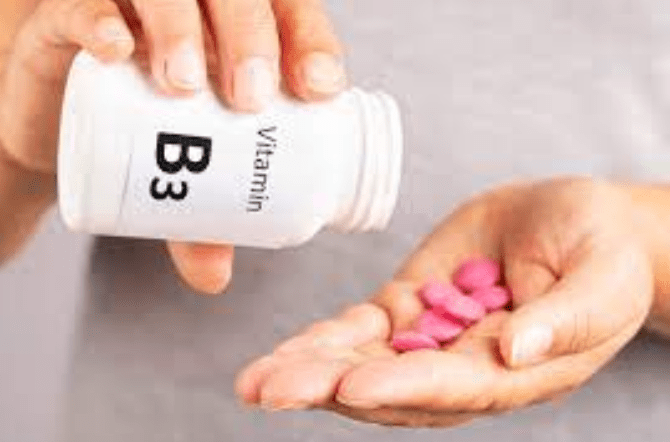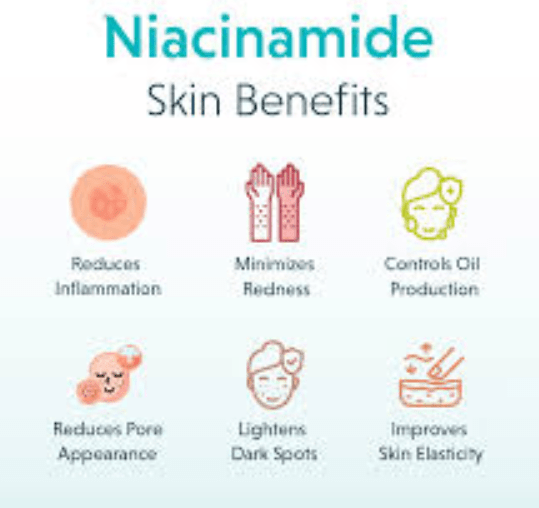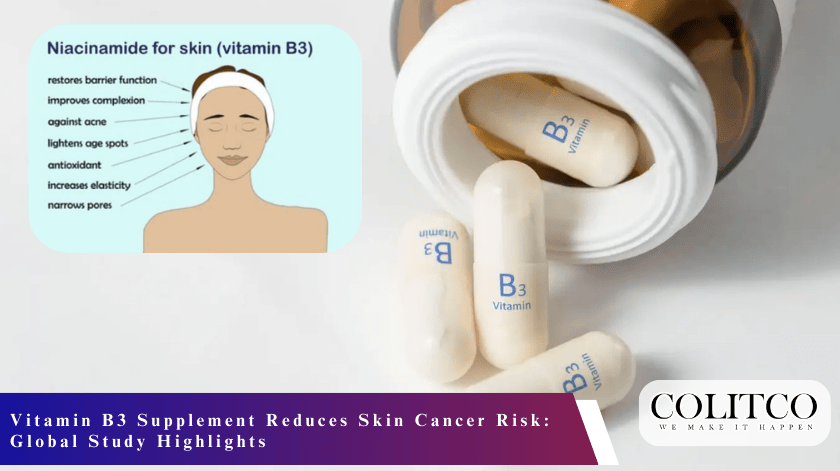vitamin-b3-supplement Skin cancer is still among the most common cancers worldwide. The incidence is extremely high in Australia. A recent study confirms that a simple, inexpensive product could provide effective protection. Vitamin B3 shows evidence of reducing skin cancer risk and possesses a very strong potential for clinical application.

Study finds Vitamin B3 may cut skin cancer risk, offering cheap, effective protection.
What Did the Study Find?
Researchers reviewed data from 33,833 patients in a meta-data analysis and systematic review. Subjects who were supplemented with 500 mg nicotinamide (a form of vitamin B3) twice daily for at least a month saw skin cancer occurrences fall by 14%.
The effect in those already with one skin cancer occurrence was even more pronounced: The risk was reduced by 54% when nicotinamide was commenced after their first case.
This provides the most significant body of evidence to date that vitamin B3 skin cancer prevention could change patient outcomes worldwide.
How Does Vitamin B3 Skin Cancer Prevention Work?
Nicotinamide’s ability to replenish cellular energy post-UV radiation and enhance DNA repair is well-established. This supplementation reduces inflammatory responses in skin cells, NEVER allowing UV radiation to inflict permanent damage.
The study recorded pronounced success against cutaneous squamous cell carcinoma (SCC), which is more aggressive than basal cell carcinoma. Since SCC recurs with high frequency, the preventive aspect assumes critical importance.
With respect to basal cell carcinoma (BCC), the results were positive but less pronounced. Still, both non-melanoma skin cancer groups consistently received a favourable reduction.

Nicotinamide boosts DNA repair and curbs UV damage, reducing skin cancer risk.
Who Benefits Most From This Treatment?
According to the study, the patients with a previous history of skin cancer showed maximum benefit. Other high-risk groups, like fair-skinned individuals with high sun exposure, can also be considered.
However, immune-compromised patients, including organ transplant patients, did not show any major benefits, and quite interestingly, this patient set did show a reduction in SCC incidence when nicotinamide was introduced early.
This suggests that timing is essential. Starting supplementation early provides greater protection, while waiting until many cancers have manifested greatly diminishes the overall benefit.
Can Vitamin B3 Replace Sunscreen and Regular Check-Ups?
As nice as that sounds, it’s no substitute for sunscreen or a skin check. Dermatologists stress the continued use of sunscreen, shade, and protective clothing. Nicotinamide should be seen as an adjunct therapy, not as a replacement.
In addition to being widely available and inexpensive, the supplement is safe in recommended doses. Unlike niacin (another type of vitamin B3), nicotinamide doesn’t cause flushing or any uncomfortable side effects.
However, long studies need to be carried out in the future to prove safety in larger populations, especially those on immune-suppressing medications.`
What Do These Findings Mean for Clinical Practice?
Evidence now abundantly supports using Vitamin B3 supplements to reduce skin cancer risk. With such findings, dermatologists might soon recommend it as a skin cancer prevention measure.
This will affect health policy and guidelines, mainly in countries with a huge skin cancer load, such as Australia. Considering that skin cancers cost billions to treat, prevention through supplementation could be a huge public good.
Pronouncing from evidence, clinicians will have to take into account their patient’s risks for that individual. Starting early, especially after a first cancer, seems to grant the greatest benefit.

Growing evidence backs Vitamin B3 as a potential dermatologist-recommended skin cancer preventive.
What Are the Limitations vitamin-b3-supplement and Next Steps?
In other words, the analysis had some limitations. Everything vitamin-b3-supplement did not benefit equally. Targeted trials need to be conducted on immunocompromised vitamin-b3-supplement groups. The actual time period for which supplementation must be carried out remains unclear.
Besides, there is no active recommendation for the commencement vitamin-b3-supplement of vitamin-b3-supplement supplementation. Should moderate-risk candidates be vitamin-b3-supplement offered treatment now? Or should supplementation be limited to patients with a confirmed history of skin cancer?
It is these questions that set the stage for research and practice in the future. As vitamin-b3-supplement far as is currently known, nevertheless, the evidence strongly underlines the protective effect of nicotinamide, particularly for persons who have had one skin vitamin-b3-supplement cancer.
Also Read: Understanding Lyssavirus: Rare Bat-Borne Disease Claims Fourth Life in Australia
FAQs
Q1: What is nicotinamide, and how does it differ from niacin?
Nicotinamide is a vitamin B3. It differs from niacin in that it does not cause flushing.
Q2: How much vitamin B3 is recommended for prophylaxis?
In the study, the patients consumed 500 mg twice daily for more than 30 days.
Q3: Could vitamin B3 prevent melanoma?
No, actually. The strongest evidence concerns basal cell carcinoma and squamous cell carcinoma, not melanoma.
Q4: Is vitamin B3 safe for long-term use?
There seem to be no major side effects observed to date, but longer studies are needed to confirm absolute safety.












